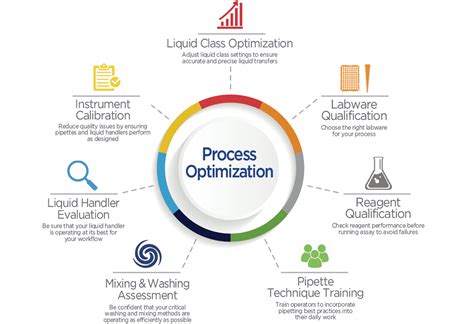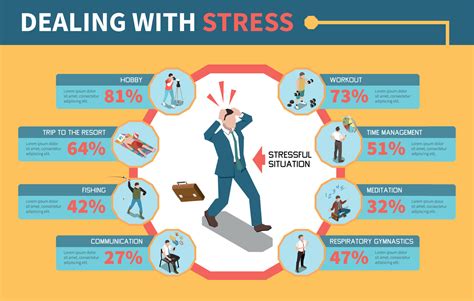Optimize post-workout recovery for faster gains & peak performance?

The intense grind of a workout is only half the battle. True progress—faster gains, increased strength, improved endurance, and peak performance—hinges significantly on what you do after you leave the gym. Post-workout recovery isn’t just about resting; it’s an active, multi-faceted process that rebuilds muscle, replenishes energy stores, and prepares your body for the next challenge. Neglecting recovery can lead to plateaus, increased risk of injury, and even burnout. Optimizing this crucial phase is the secret weapon for every athlete and fitness enthusiast.
The Golden Hour: Post-Workout Nutrition
What you eat immediately after your workout sets the stage for muscle repair and growth. This “anabolic window,” while perhaps not as rigid as once thought, is still a critical time to provide your body with the nutrients it desperately needs.

Protein Power
Consuming a high-quality protein source (around 20-40 grams) within an hour or two post-exercise kickstarts muscle protein synthesis (MPS). This process is essential for repairing muscle tissue damaged during training and building new, stronger muscle fibers. Think lean meats, eggs, dairy, protein supplements, or plant-based alternatives.
Carb Reload
Intense workouts deplete glycogen stores, your body’s primary fuel source. Replenishing these carbohydrates is vital for energy restoration and preventing muscle breakdown. Opt for fast-digesting carbs like fruits, rice, potatoes, or whole-grain bread to efficiently restore energy levels, especially after high-intensity or prolonged sessions.
Healthy Fats & Micronutrients
While macronutrients take center stage, don’t forget healthy fats (in moderation) and a wide array of vitamins and minerals from fruits and vegetables. These support overall bodily functions, reduce inflammation, and aid in various recovery processes.
Hydration: The Often-Overlooked Foundation
You lose a significant amount of fluid through sweat during exercise, impacting performance and recovery. Dehydration can hinder nutrient transport, impair metabolic function, and slow down muscle repair.

Drink plenty of water throughout the day, and specifically focus on rehydrating post-workout. Electrolytes, lost with sweat, can also be replenished through sports drinks (for intense, prolonged sessions) or simply by adding a pinch of salt to your water and consuming electrolyte-rich foods.
The Power of Sleep: Your Ultimate Anabolic State
No supplement or diet strategy can compensate for inadequate sleep. It’s during deep sleep cycles that your body produces the most growth hormone (HGH), crucial for muscle repair, growth, and fat metabolism. Aim for 7-9 hours of quality sleep per night.

Establish a consistent sleep schedule, create a dark and cool sleep environment, and avoid screens before bed to maximize the restorative power of sleep.
Active Recovery & Mobility: Beyond Just Rest
While passive rest is important, incorporating active recovery days and mobility work can significantly enhance your body’s ability to repair and adapt.

Gentle Movement
Light activities like walking, cycling at a low intensity, or swimming can increase blood flow to muscles, helping to flush out metabolic waste products and deliver fresh nutrients without adding significant stress.
Stretching and Foam Rolling
Incorporate dynamic stretches before workouts and static stretches post-workout to improve flexibility and range of motion. Foam rolling can help release muscle tension, improve circulation, and reduce soreness by targeting trigger points.
Listen to Your Body & Manage Stress
Recovery is highly individual. Pay attention to signs of overtraining, such as persistent fatigue, decreased performance, increased irritability, or prolonged muscle soreness.

Chronic stress, even unrelated to exercise, can elevate cortisol levels, hindering recovery and muscle growth. Incorporate stress-reducing practices like meditation, yoga, or spending time in nature.
Optimizing post-workout recovery is not an optional extra; it’s a fundamental pillar of sustainable fitness and performance enhancement. By diligently focusing on nutrient timing, hydration, quality sleep, active recovery, and listening to your body, you’re not just recovering—you’re strategically building a stronger, more resilient physique, ready to tackle any challenge and achieve your fitness goals faster. Make recovery a priority, and watch your gains soar.







